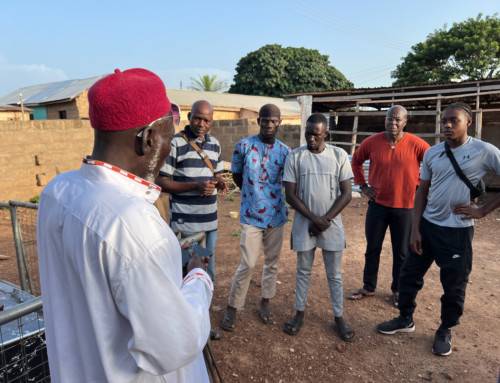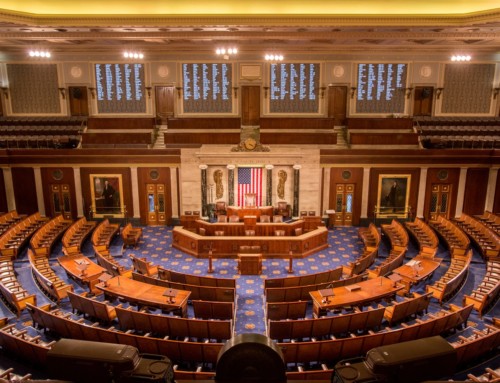By Rich Oppel Sr.
Following an election of historic proportions, Texan leaders have been placed in a powerful position to expand their influence on a national level. What opportunities did the 2016 general election create for the Lone Star State?
- Not since the 17 years that Sam Rayburn served as Speaker of the U.S. House in the mid-20th century has Texas had such power in Congress as it does today. With seven chairmanships and John Cornyn serving as Senate assistant majority leader, Texas is sure to be heard as President-elect Donald Trump assembles his administration and looks for political support.
- Two Texans emerged stronger than ever. Rep. Kevin Brady, chairman of Ways and Means, and Rep. Mike Conaway, chairman of Agriculture, were seen as possibilities to become speaker if a revolt had occurred among GOP conservatives uneasy with Speaker Paul Ryan’s feud with Trump. On Tuesday, Ryan was re-nominated by his party. But Houston’s Brady and Midland’s Conaway probably strengthened their following among conservatives nonetheless.
- A likely winner is U.S. Rep. Michael McCaul, chairman of the Homeland Security Committee, because he at least has made Trump’s list of candidates for Secretary of Homeland Security. Others include Rudolph Giuliani and Sen. Jeff Sessions, R-Ala. McCaul, who represents a district stretching from West Lake Hills to Katy, also is reported to be considering a race against U.S. Sen. Ted Cruz in 2018. As Congress’s wealthiest member, McCaul has the financial power to mount a serious challenge and he has the incentive: McCaul will be term-limited out of his chairmanship in two years.
- A certain winner is Lt. Gov. Dan Patrick, who served as Trump’s Texas state campaign chairman. Look to Patrick to influence Trump in decisions that affect the Lone Star State, especially the selection of Texans who will fill some of the 4,000 appointed positions in the new administration.
- A possible winner is Rep. Jeb Hensarling of East Texas’s 5th District. He is chairman of the House Financial Services Committee and is on Trump’s short list of candidates for Secretary of the Treasury.
- On legislation, while infrastructure is hailed as a Trump priority, that may not have an effect on Texas immediately. Congress passed a highway bill two years ago, and it has three years to run. A portion of new Interstate 14 running from Fort Hood to Louisiana has been authorized, but funds have not yet been appropriated.
- A possible winner is Texas Supreme Court Justice Don Willett. Last May 18, Trump released a “short list” of judges for nomination to the Antonin Scalia vacancy on the U.S. Supreme Court. Willett’s name was among 11 on that list.
- The always-controversial Sid Miller, Texas Agriculture Commissioner, is on Trump’s “short list” of favorites for U.S. Secretary of Agriculture. The mention of Miller may be a reward for Miller’s support of Trump during the campaign, because others on the Ag short list include Kansas Gov. Sam Brownback and former Georgia Gov. Sonny Perdue, heavy hitters in the agricultural world.
- While Trump and former Gov. Rick Perry traded attacks during the GOP primary, don’t be surprised if Perry joins the administration. He clearly is interested, and a fit may be Perry’s long-time interest in veterans and the hapless Department of Veterans Affairs, which needs work following scandals over VA hospitals.
- Finally, the president-elect shouldn’t forget Texas election results. Voters gave Trump a big victory in Texas, 52.4 percent to Hillary Clinton’s 43.3 percent. That nine-point gap is large but smaller than the 16 percent gap in Texas that Mitt Romney held over President Barack Obama in 2012. So results cut two ways: Trump can be thankful Texas remains a reliably Republican state, but he also will recognize that the gap is shrinking in a rapidly changing state – and could shrink further unless he carefully minds the store.




